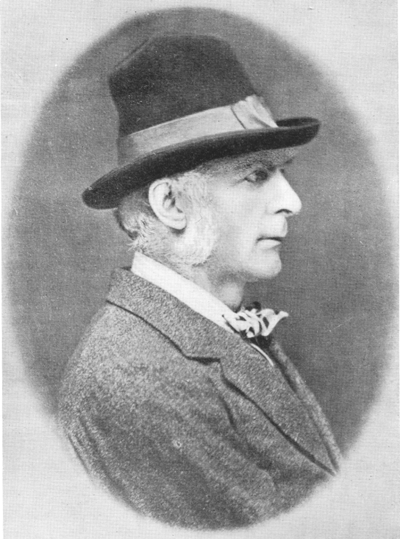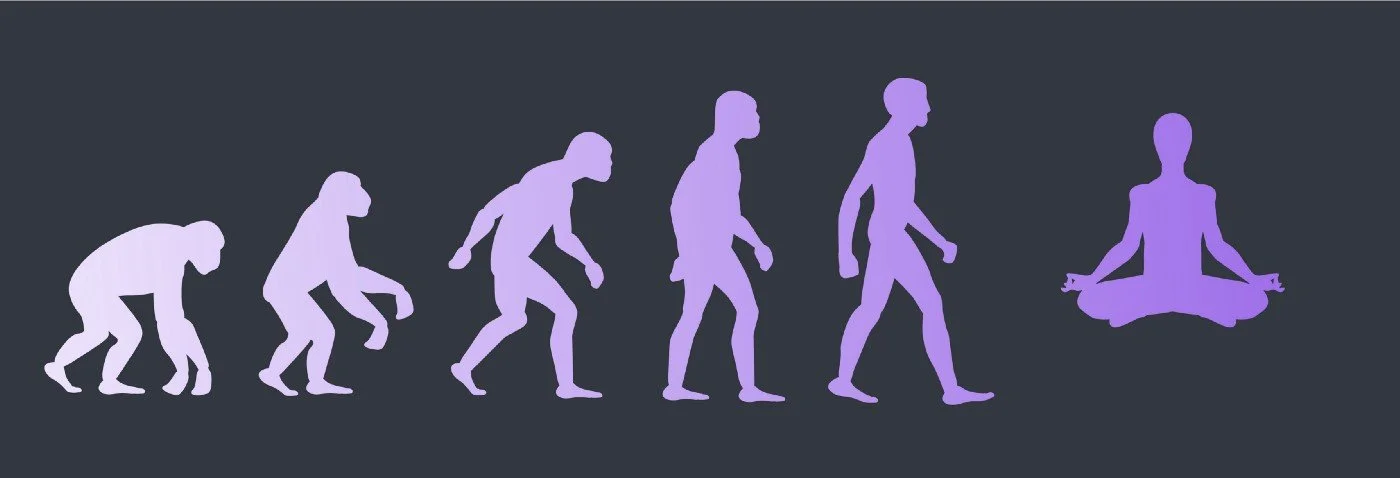This book was born in March 2020, the month when the World Health Organisation declared Covid-19 a pandemic. I had been researching Aldous Huxley for a year or so, and was curious about his support for eugenics. I noticed other New Age thinkers also promoted eugenics in some form or another. I kept on following the thread, and ended up writing this project on ‘spiritual eugenics’.
Read MoreThe accusation that ‘X is a eugenicist’ is thrown around a lot on Twitter these days, as a way to try and cancel someone.
Read MoreA new biography has just been published of the Huxleys — Thomas, the great Victorian man of science, and his grandson Julian, the great 20th-century public scientist. The book, by Professor Alison Bashford, is quite sympathetic to Julian, who would be cancelled today for his lifelong support for eugenics, if anything besides a Wetherspoons pub had been named after him.
Read More‘Do you really want to be perfectly well?’ So begins a tantalizing advert in Good Health magazine in 1905. It invited the reader to the Battle Creek Sanitarium in Michigan, where countless specialists are ‘studying this one thing alone — how to get well and how to stay well.’
Read MoreThe ‘religion’ of eugenics originated in the UK but Britain never passed a law legalizing involuntary sterilization of those deemed unfit. Instead, the UK exported eugenics around the world via events like the first international eugenics congress of 1912. Countries from Brazil to Japan would introduce eugenic laws, and no country was more aggressive in its eugenic policies than the United States.
Read MoreIn this chapter, we will look at how Julian Huxley and his peers developed the religious creed which he would later call Transhumanism, and how their visions of scientific utopia inspired his brother’s humorous novel, Brave New World.
Read MoreBritish geneticist Adam Rutherford has a new book out, called Control, about the history of eugenics and how it might or might not come back in the 21st century. As regular readers know, I’ve been researching and writing about eugenics myself for the last two years — you’re probably sick of it by now! — so I read Rutherford’s book to learn and review.
Read MoreIn 1921, the British psychologist William McDougall declared:
Read MoreI have two hobbies — psychical research and eugenics. So far as I know, I am the only person alive today who takes an active interest in both these movements. [‘The need for psychical research’]
On the 18th of January, 1874, a remarkable dinner party took place at the London home of Erasmus Darwin, older brother of naturalist Charles Darwin. The guests included Charles Darwin, the novelist George Eliot, a young classicist named Frederic Myers, and Darwin’s cousin, the statistician Francis Galton.
Read MoreThe aim of the ‘Spiritual Eugenics’ research project is to explore the overlap between New Age spirituality and eugenics. It will explore how New Age spirituality adapted Darwin’s theory of natural selection into a theory of the ‘spiritual evolution’ of a new species of superbeings, a master-race.
Read MoreBy eugenics I refer to a programme, launched in 1883 by Francis Galton, to improve the genetic quality of human beings, through negative eugenics (preventing those deemed genetically unfit from passing on their genes, either through voluntary or involuntary sterilization, confinement, or extermination) and through positive eugenics (encouraging those deemed genetically fit to pass on their genes more, through breeding with others deemed fit, or through donating their seed to ‘genius sperm banks’).
Read More












